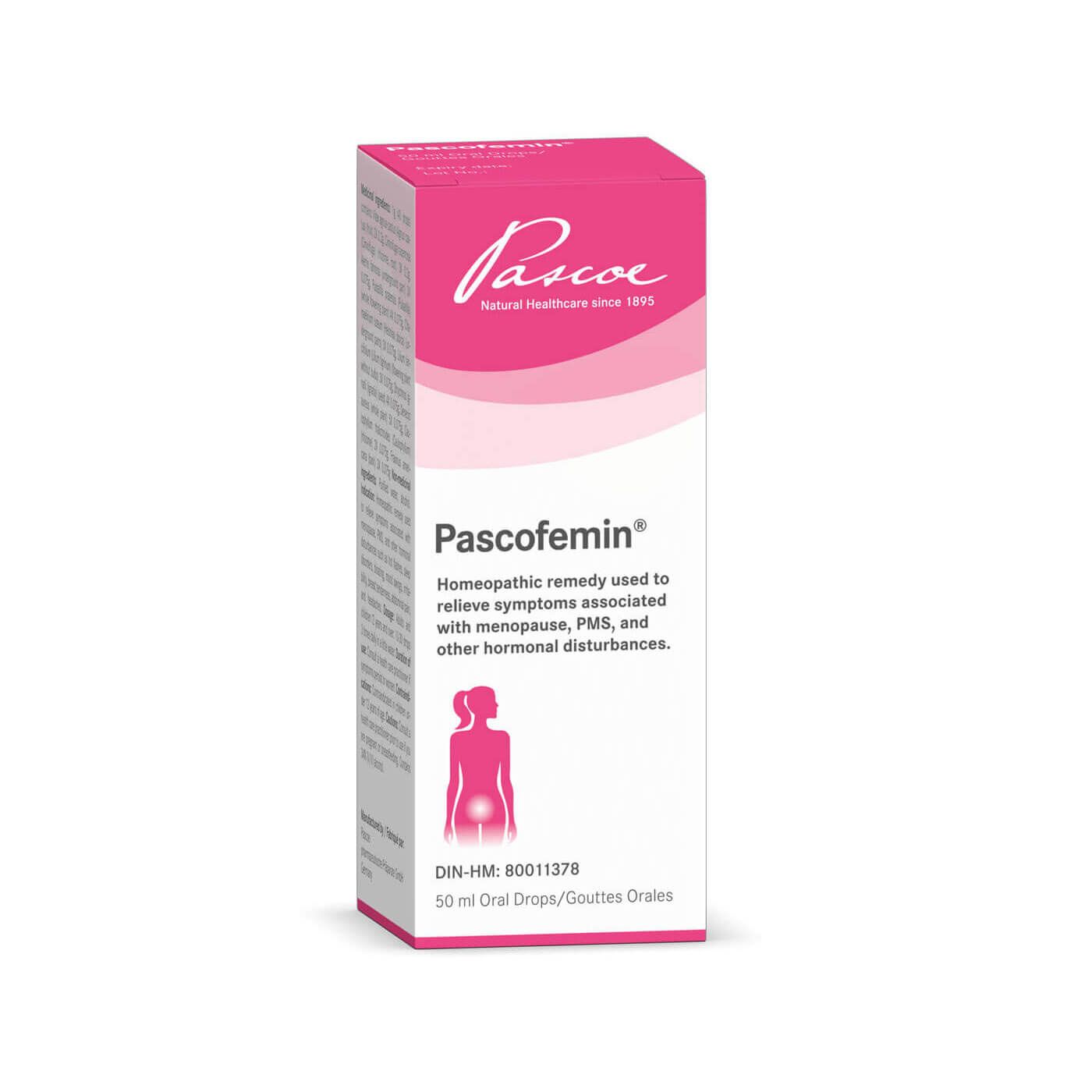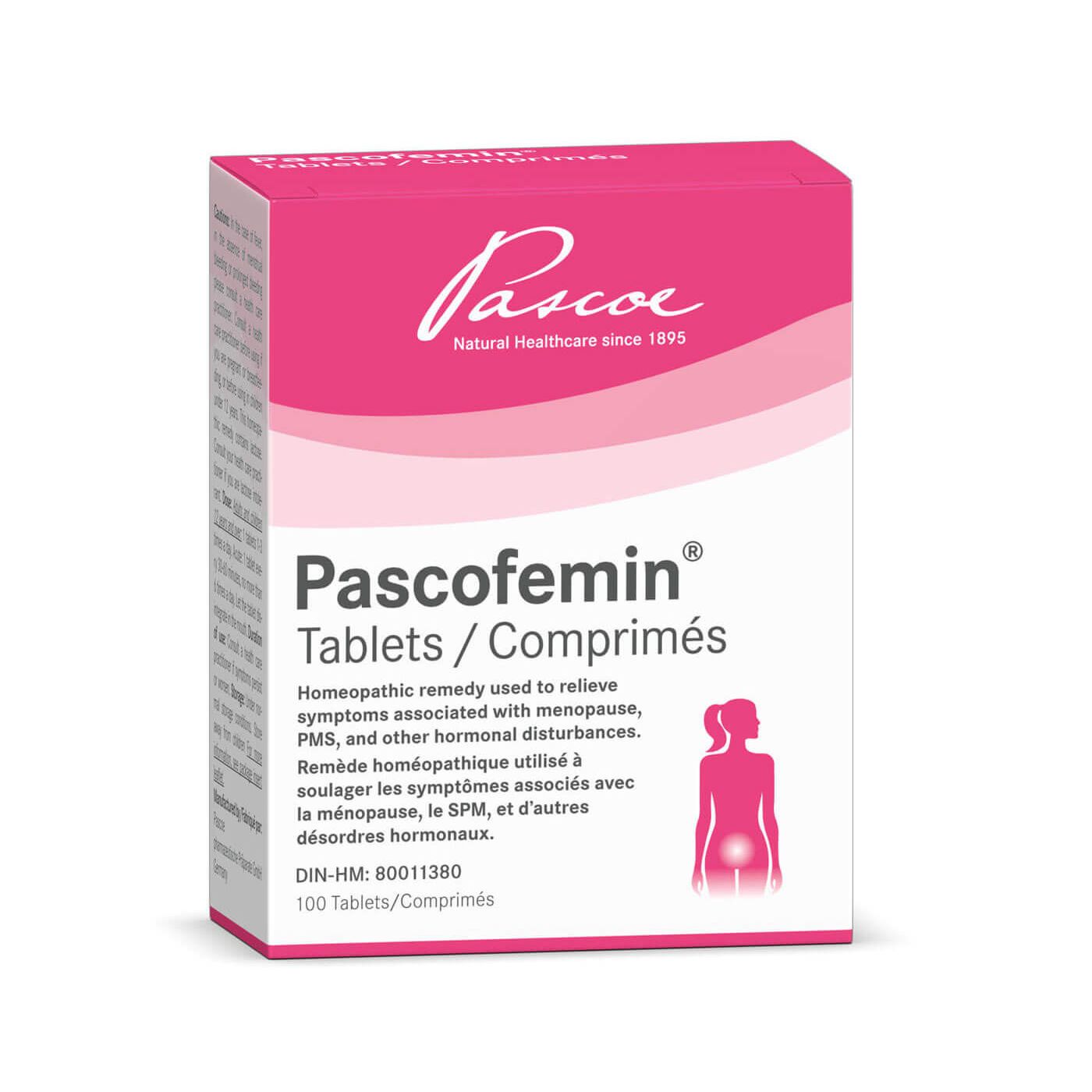Women Supporting Women
Women’s hormones can be a wild ride! Going through the rises and falls each month can be a challenge, not to mention when you encounter irregularities or challenges. But when our symptoms worsen, we don’t always know who to reach out to.
Supporting Each Other Through Menstruation
We can start by supporting one another during menstruation. There are a variety of ways, emotional and practical. We often need additional support, but don’t know how to ask for it. Creating strong female relationships can mean developing a reciprocal relationship where you give and receive the attention and care we all could benefit from.
Here are some ways we can look out for one another during “that time of the month”, and really all month long:


- Share your experiences. Be open to discussing your experience of menstruation with close friends and other women in your life. Include your physical symptoms, emotional changes, and menstrual products you use. This helps create a sense of community.
- Offer practical help. Offering to run errands, taking care of the kids, or inviting your friend over for a movie night and a home-cooked meal, can really make a difference when menstruation is slowing us down.
- Provide emotional support. Menstruation can be an emotionally challenging time, and we could all benefit from having someone to talk to about our feelings with.
- Advocate for each other. Women can advocate for each other by speaking up about menstrual stigma and advocating for better access to menstrual products and healthcare.
- Celebrate menstruation. Develop routines and rituals. Do you have a favourite movie that you watch? Or can you make a big batch of chilli and share it for nights when you can’t bring yourself to cook, but your body really needs it?
Overall, supporting each other during menstruation can help women feel more comfortable, confident, and connected. By sharing experiences, offering practical and emotional support, advocating for each other, and celebrating menstruation, women can create a supportive and inclusive community around this important aspect of female health.
Women with PCOS, endometriosis, and other hormonal disorders may require these supports even more. Complications of PCOS and endometriosis can often be debilitating. Look out for PCOS symptoms, if you find “that time of the month” particularly challenging. There could be an underlying hormonal issue that is making things more challenging than they need to be.
Supporting Women’s Health Diagnoses
Polycystic Ovary Syndrome (PCOS), for example, is a condition that affects many women and can cause a range of symptoms, including irregular periods, breast tenderness, weight gain, acne, excess hair growth, and infertility. Unfortunately however, a large part of the time it goes undiagnosed or disregarded as “normal” symptoms.
If you are someone who has been diagnosed with PCOS or knows someone who has, here are some ways to support:
- Educate yourself. We aren’t taught nearly enough about our sexual functioning. Learn more about PCOS so that you can better understand. Spread awareness of conditions like PCOS, PMDD, and endometriosis so that others can learn as well.
- Give or receive emotional support. Find close friends and family to discuss the diagnosis with and ask for their support in navigating it.
- Encourage and make healthy lifestyle choices. Figure out what a healthy lifestyle looks like for you in terms of exercise , diet, and stress management. Implement this or support someone who is. Can we help each other gain or lose weight when necessary? These types of habits will benefit us all.
- Find or help them find support. Connect with local support groups or organizations. This can help us feel less alone and provide us with additional resources and information.
- Attend appointments together. Doctors' appointments can be overwhelming, so offer to attend appointments with a loved one or have someone go with you for support.
- Be patient and understanding. PCOS, and other hormonal conditions, can be complex and challenging. It may take time to find the right treatment plan or learn to manage symptoms.
Many women’s health issues are underacknowledged, due to a lack of research and funding. Help correct these medical disparities by discussing your experiences and seeking assistance if you’re experiencing repeated irregularities.
Building Friendships Through Experiences with Pregnancy
During pregnancy, women go through various physical, hormonal, and emotional changes as their body adapts to support the growth and development of the fetus. This journey can be both magical and intimidating. Do you have tips to share around navigating gestational diabetes?
The discussion of childbirth can also be a sensitive one. Some women will get pregnant easily, others will have trouble getting pregnant or not be able to conceive at all. On the other hand, some women will choose not to have children. There are many different experiences of this part of what it is to be a woman, and it’s important to be sensitive to other women’s journeys.
If you are supporting someone who is pregnant or looking for support yourself, recognize first that pregnancy is a complex and transformative experience that can lead to significant changes in a woman's body, mind, and emotions. It is important for pregnant women to take care of themselves and seek support from healthcare providers, family, and friends during this time.
Regardless of your experience around pregnancy, the same recommendations from above apply here. Share your experiences (in a thoughtful and respectful way), give and be open to receiving emotional support through your individual journey, offer practical help and ask for it when you need it, and advocate for yourself and others.
Supporting Each Other Through Menopause
Checking in on each other is always good advice. And hopefully over the course of your long life you will build up these valuable friendships. As we get older, help one another watch out for the symptoms of menopause, so we can navigate these shifting hormone levels together.
Menopause is a natural biological process that marks the end of a woman's reproductive years. During this time, women experience a range of physical, hormonal, and emotional changes as their body adjusts to the absence of reproductive hormones. Some of the most common changes that women experience during menopause include:
Hormonal changes. Menopause is characterized by a decline in the levels of estrogen and progesterone, which can lead to a range of physical and emotional symptoms, such as hot flashes, night sweats, mood swings, and vaginal dryness.


Physical changes. Women may experience a variety of physical changes during menopause, including weight gain, changes in skin and hair texture, and a loss of bone density, which can increase the risk of osteoporosis.
Sexual changes. The hormonal changes associated with menopause can also affect a woman's sexual health, leading to a decrease in sex drive, vaginal dryness, and pain during sex.
Emotional shifts. Menopause can be an emotionally challenging time for some women, and they may experience mood swings, anxiety, and depression.
Sleep disturbances. Many women experience sleep disturbances during menopause, such as insomnia, night sweats, and hot flashes, which can lead to fatigue and other physical and emotional symptoms.
Overall, menopause is a uniquely transformative experience that can lead to significant changes in your body, mind, and emotions. It is important for us to take care of ourselves and seek support during this time. Who knows, maybe your friend knows a number of herbal remedies for menopause symptoms that could be helpful to you also.
This International Women’s Day, hold your female friends close, stay in and connect, or go out and celebrate. Taking time to foster these relationships furthers our knowledge of ourselves, helps us feel less alone and can have a huge impact on overall quality of life.
Disclaimer
Pascoe Canada does not offer health or medical advice as we are not a healthcare practitioner. Please speak with your healthcare practitioner before beginning any program related to nutrition, diet, exercise, fitness, medical, and/or wellness. All content published by Pascoe Canada is developed through collaborating with licensed medical professionals and contributors. This includes text, graphics, images, and other material on the website, newsletter, and products (“Content”). This content is for informational purposes only and does not constitute medical advice. The content does not substitute professional medical advice, diagnosis, or treatment. Please always do your own research on whether this is for you along with your healthcare practitioner advice. Always consult your healthcare practitioner prior to using specific herbs because you might have underlying conditions that need professional care. The content is general in nature and is subject to change. It is not intended to cover all possible uses, directions, precautions, warnings, drug interactions, allergic reactions, or adverse effects.






